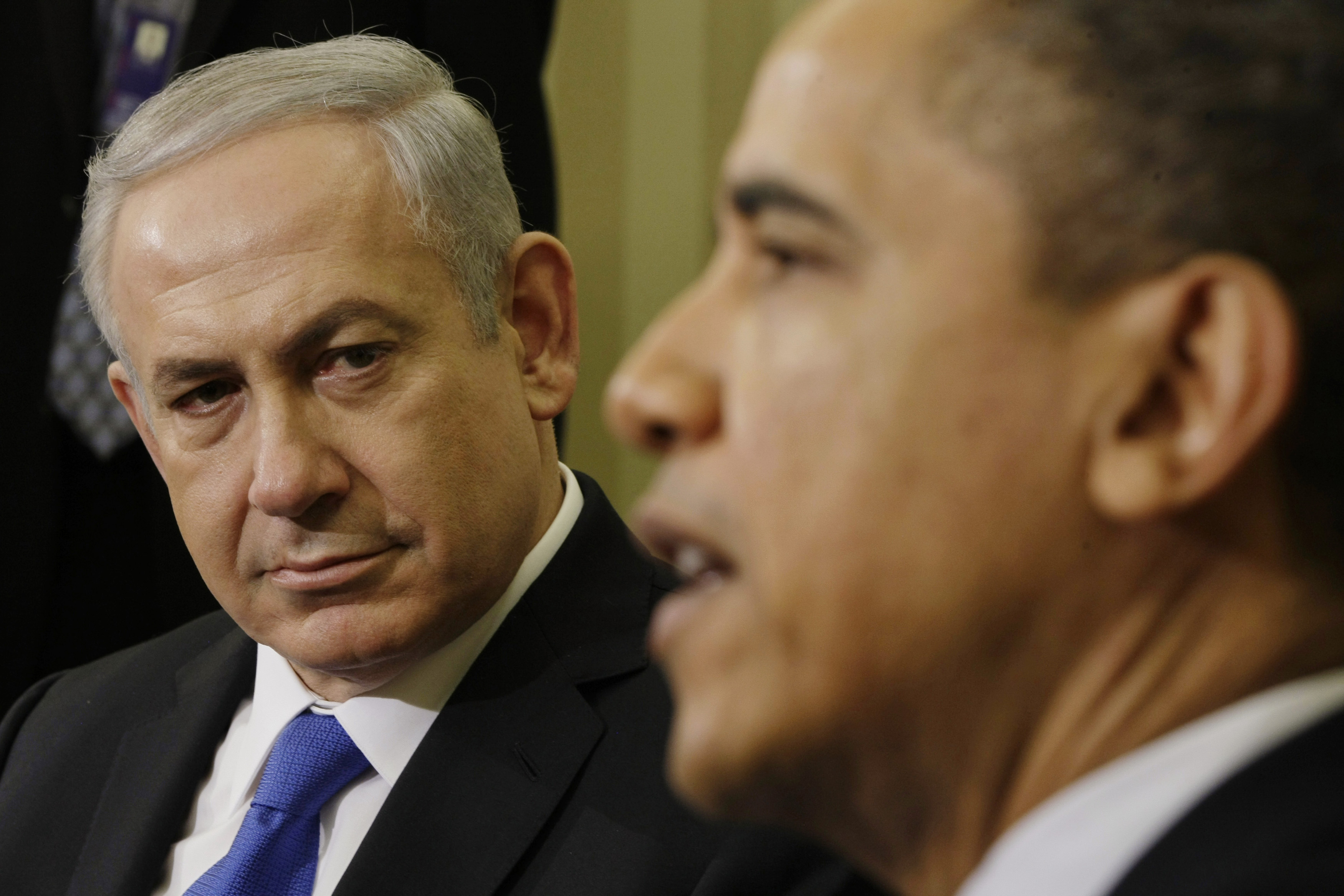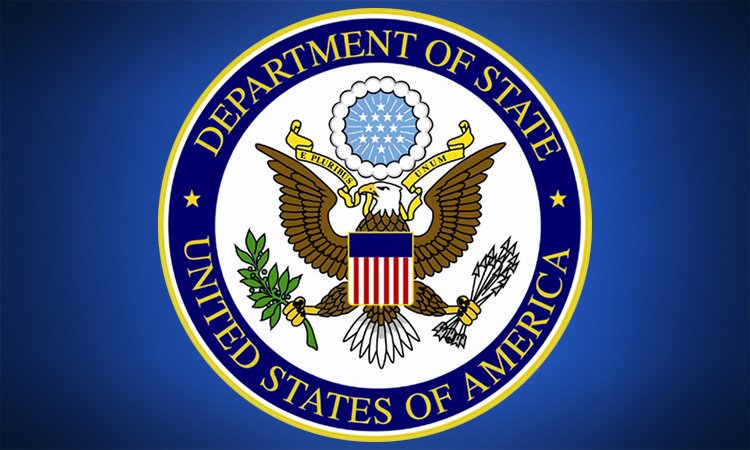Since its creation in 1948, Israel has been a friend of the United States, and it is currently one of our most important allies in the turbulent Middle East. Although no diplomatic relationship is perfect, the partnership of Israel and the United States has taken significant hits under the administrations of U.S. President Barack Obama and Israeli Prime Minister Benjamin Netanyahu. In March 2015, it was revealed that Israel had spied on nuclear discussions between the U.S. and Iran. While a major revelation, this is only the most recent move in what appears to be an ongoing tit-for-tat series of political retaliation between the U.S. and Israel, bringing to light the suffering relationship of the two leaders, specifically regarding nuclear energy in the Middle East.
Since the early 2000s, the International Atomic Energy Agency has been investigating Iran’s clandestine nuclear activities. Some of these activities violate Iran’s IAEA safeguards agreement, the surveillance mechanism which Iran agreed to after signing the Nuclear Non-Proliferation Treaty (NPT) in 1968. The IAEA has referred these concerns to the U.N. Security Council, which has repeatedly sanctioned Iran in an attempt to quell its nuclear activities. Iran has been watched closely by the international community in recent decades—notably by Israel, a state particularly wary of Iran’s nuclear growth.
Recently, the United States has been negotiating the terms of an agreement with Iran regarding its nuclear program. President Obama’s plan is to lift the sanctions on Iran in exchange for Iran’s promise that the country will not attempt to produce weapons-grade nuclear material, something the nation has attempted in the past. However, in 2013, Netanyahu rallied support for a state-sponsored attack on Iran’s nuclear facilities, unhappy with the current state of nuclear regulation. In November 2014, Iran threatened Israel directly with a missile attack, again heightening the tensions between the two nations.
In the first direct strike at the Obama administration, Netanyahu openly criticized President Obama’s efforts in an unprecedented February 11 speech to Congress, calling the Iranian nuclear deal a flat out “bad idea.” This speech was seen by many as damaging to U.S.-Israeli relations because the U.S. executive branch had no knowledge of the content of this speech before it was made; as a result, the U.S. did not have a chance to discuss with Netanyahu any contested terms or opportunities for compromise before he spoke. When he addressed Congress again on March 3, Netanyahu, while assuring he meant no disrespect by his previous inflammatory remarks, again outlined the proposed agreement’s weaknesses, claiming it would not do enough to prevent Iran from becoming a nuclear power.
Two such weaknesses cited by Netanyahu are that the agreement’s restrictions will automatically expire in a decade, and that the nuclear inspectors are instructed to regulate Iran’s nuclear program merely by “document[ing] violations,” not preventing them. He brought up the example of North Korea, which still achieved success building nuclear weapons despite being under a similar agreement. According to Netanyahu, the agreement is far from ensuring nuclear peace.
In what appears to be the U.S.’s response to Netanyahu’s criticism, sensitive information was “quietly” released by the Pentagon regarding Israel’s own contentious nuclear program. Israel is not a cosignatory of the NPT, and therefore is not under any obligation to report its nuclear enrichment to anyone, nor is the country contractually restricted from developing nuclear weapons. Regardless, Israel’s nuclear program has caused unrest among the international community. Furthermore, while this isn’t the first time a report like this has been published—Israel’s controversial nuclear endeavors are public knowledge, though not officially recognized in the country’s policy—the timing of the Pentagon’s release could symbolize an act of revenge by the Obama administration in response to Netanyahu’s criticisms in Congress.
Despite these controversies, nuclear talks continued, and later in March U.S. Secretary of State John Kerry and Iranian foreign minister Mohammad Javad Zarif had a series of discussions in an attempt to reach an agreement on the future of Iran’s nuclear program. Five other nations—China, Russia, Great Britain, France, and Germany—joined the talks in order to facilitate the discussion to meet the agreement deadline of March 31. The meetings took place in Lausanne, Switzerland, privately—or so they thought.
In the most recent and significant strike of this political duel, the U.S. discovered, through intercepted messages, that Israel had information intelligence agents believe could only have been obtained by having access to the confidential Lausanne meetings. Israel has denied the spying claim, stating that they received their intelligence from French sources involved in the nuclear talks, and defending their possession of the information in the name of national security.
The U.S. government agents who discovered Israel’s intelligence are neither perturbed by Israel’s actions nor their possession of the information. However, the United States believes it is evident that Israel’s motivations for obtaining the information are not simply to heighten its own national security and intelligence. Instead, U.S. officials believe that Israel was interested in using the information to attempt to influence lawmakers against the passage of President Obama’s nuclear agreement with Iran, a significantly less innocent motive.
Israel has always been a close diplomatic confidant with the United States, and spying among allies is not uncommon—the U.S. itself is guilty of it, having used the National Security Agency to spy on European allies including Germany and France. However, this particular act of espionage by Israel has done much to bring public attention to the particularly dysfunctional relationship between Barack Obama and Benjamin Netanyahu. This poor level of trust was likely a key factor in Israel’s decision to spy on the meetings.
President Obama has since yielded to Congress what he describes as a “legacy-defining foreign policy achievement.” The U.S. legislature now has the task of approving the agreements reached by the “P5+1” talks with Iran, announced on April 2. The agreement outlines terms such as increased transparency concerning inspections of Iran’s nuclear facilities and the reduction of centrifuges and amounts of enriched uranium.
As the country looks ahead to the presidential elections of 2016, the history of President Obama’s relationship with Netanyahu and other allies will likely become a key talking point of presidential hopefuls. At the end of the day, Israel and the U.S. are still strong allies, though with any regime change comes a change in the human interaction between allied leaders. However, as the Middle East heats up, the relationship between Israel and the United States will be crucial to the future of the troubled region.
– By Christian Pedraza/Photo Credit: Washington Post


